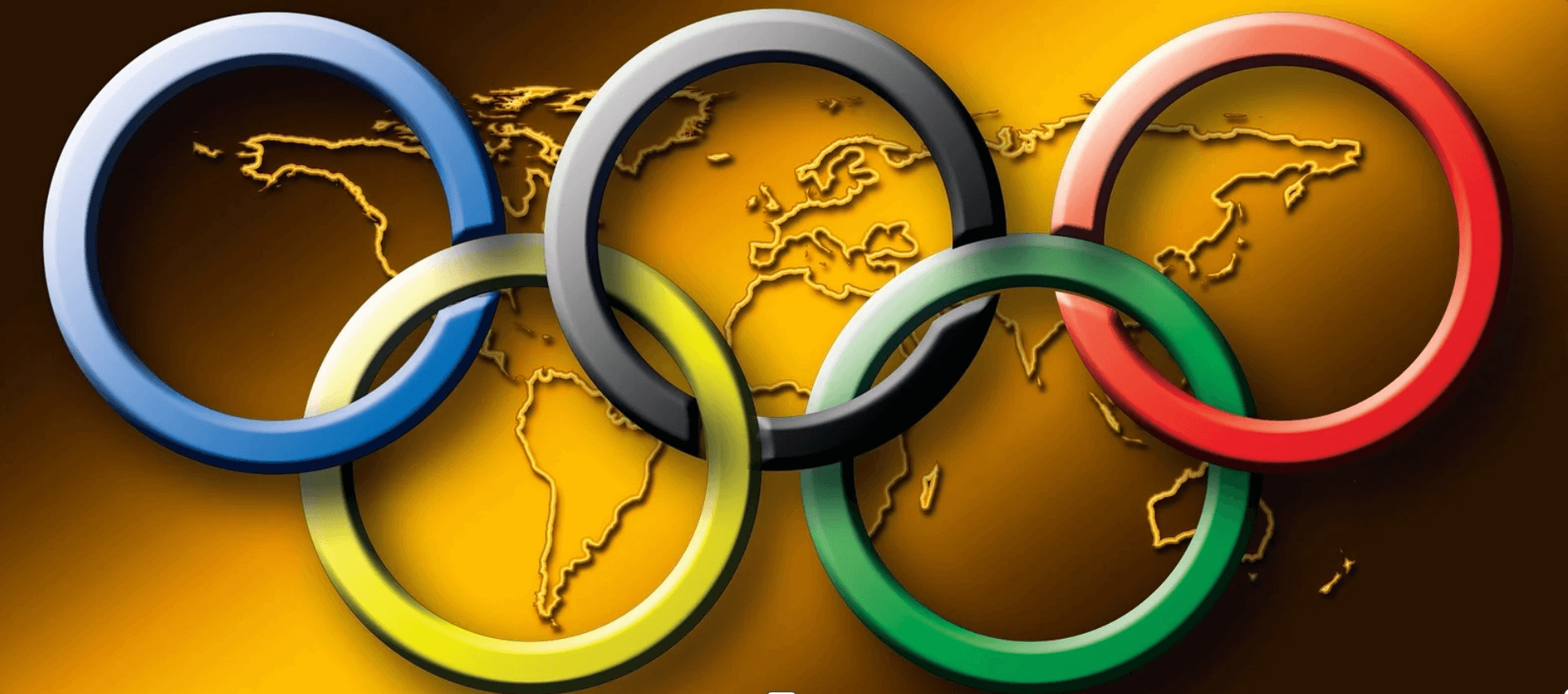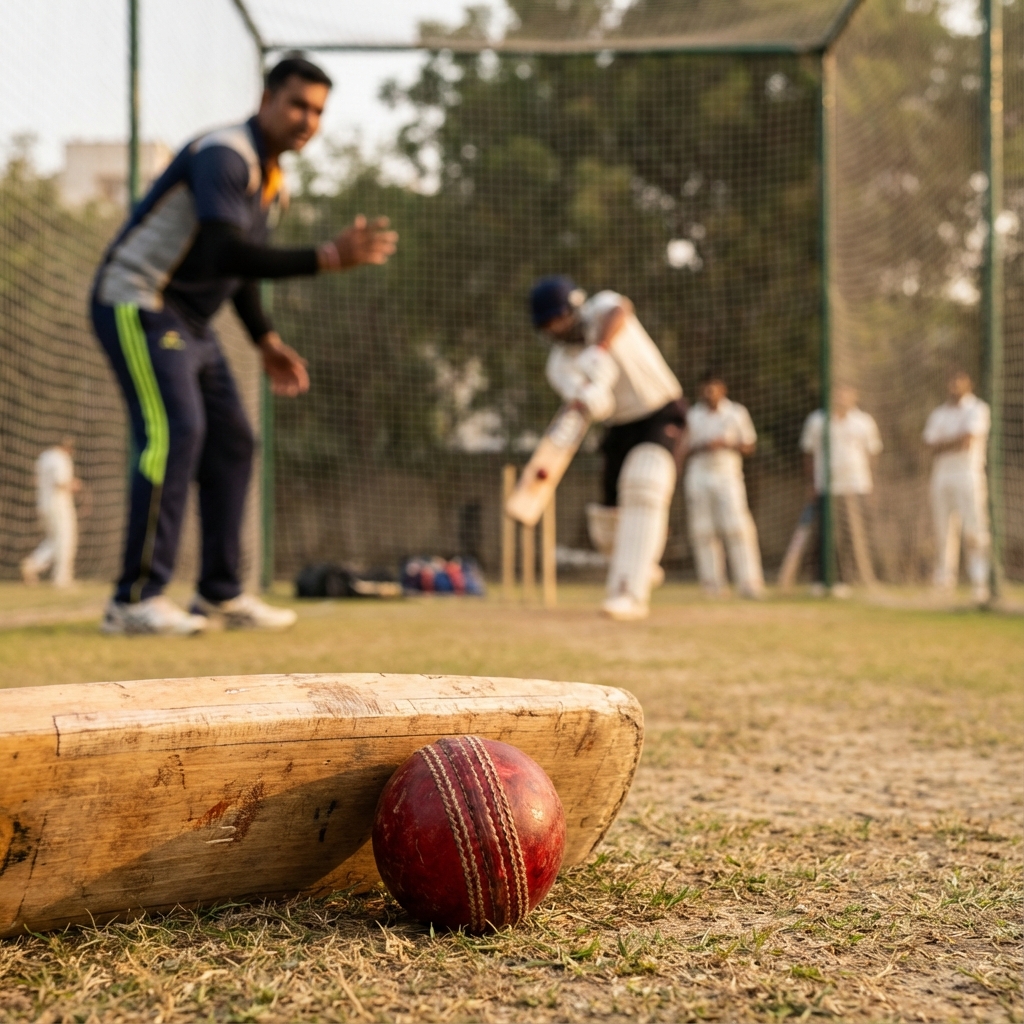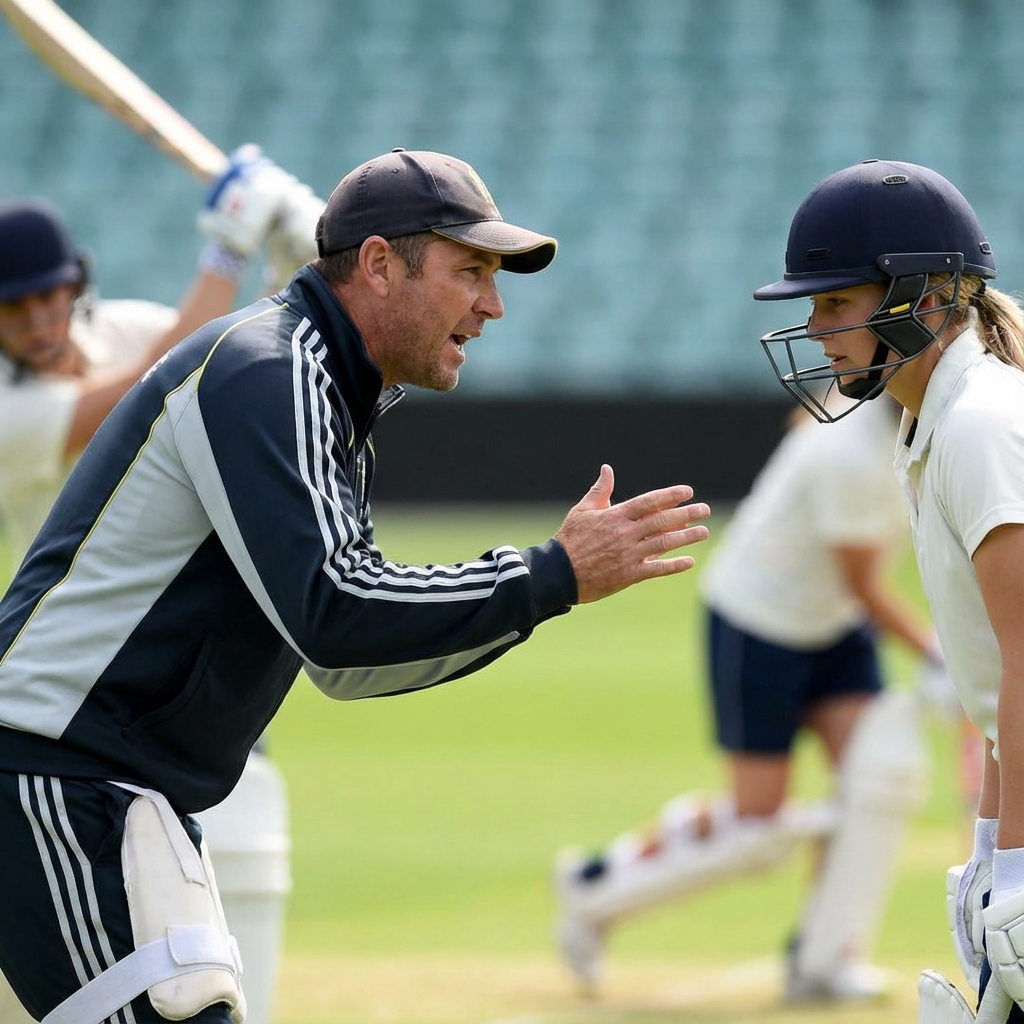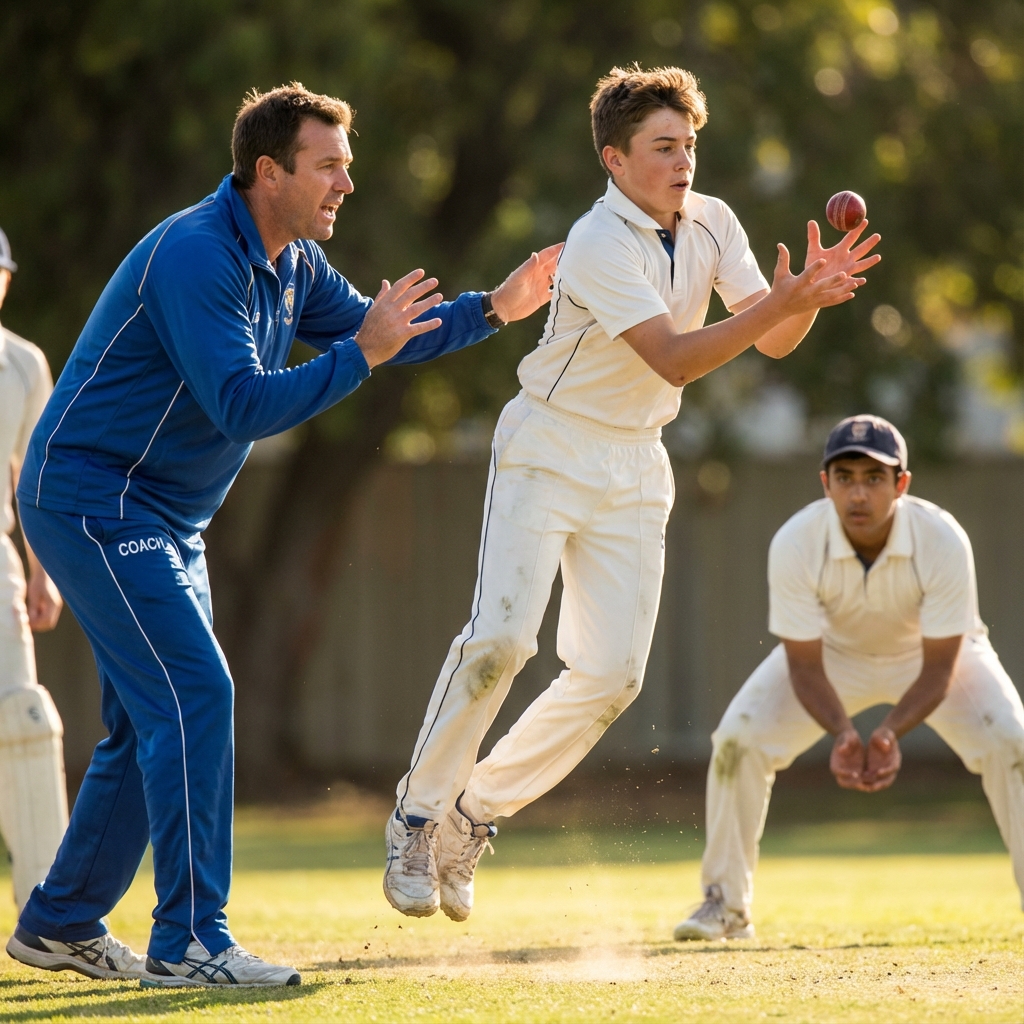The Olympic Games, revived in 1896 by Pierre de Coubertin, have grown into a worldwide event, celebrating athletic skill and bringing nations together. Held every four years, the Olympics give athletes from around the globe a stage to showcase their talents, embracing values like excellence, friendship, and respect. The impact of the Olympics goes far beyond sports, leaving a lasting mark on global society.
A Look Back in Time:
Reviving the Olympics marked a comeback for the ancient Greek tradition, aiming to promote peace and unity through sports. The first modern Olympics in Athens saw 241 athletes from 14 countriesâa humble start compared to today's Games, which feature over 10,000 athletes from more than 200 countries. This growth highlights the Games' expanding inclusivity and global reach, emphasising their role in encouraging international cooperation and understanding.
Bringing People Together:
One of the greatest effects of the Olympics is their power to unite people; cutting across political, cultural, and social barriers. The Olympic Truce, an ancient tradition revived by the International Olympic Committee (IOC), calls for a halt to conflicts during the Games, showcasing the ability of sports to bring together even the most divided societies. The Olympic motto, "Citius, Altius, Fortius" (Faster, Higher, Stronger), captures this spirit of unity and collective human achievement.
Embracing Diversity:
The Olympics are a celebration of human diversity and the many cultural identities around the world. Athletes from all sorts of backgrounds and sports come together, highlighting a wide range of talents and traditions. The Paralympic Games further emphasise this commitment to diversity, giving athletes with disabilities a platform to showcase their incredible abilities. This focus on inclusion enriches the Olympic experience and promotes acceptance and understanding across different societies.
Inspiring Perseverance:
The Olympics are a source of inspiration, encouraging people to strive for excellence and persevere through challenges. Stories of Olympic athletes overcoming obstacles to achieve their dreams resonate with audiences everywhere. These tales of dedication and resilience inspire young people to follow their passions, creating a global culture of ambition and determination.
Promoting Gender Equality:
The Olympics have been key in advancing gender equality in sports. From including women's events in the early 20th century to today's focus on gender parity, the Games have consistently pushed for greater female participation and recognition. The introduction of mixed-gender events and the commitment to equal representation reflect ongoing efforts to promote gender equality, setting a standard for other sporting events and society as a whole.
Summary of the Olympics:
The Olympics are far more than just a series of athletic competitions; they celebrate human potential and show the power of sports to bring people around the world closer together. This is done by promoting peace, unity, diversity, and excellence. The Olympics inspire individuals and nations to strive for a better future. As the Games continue to evolve, their role in shaping global society remains undeniable, making the Olympics a beacon of hope and inspiration for generations to come.








